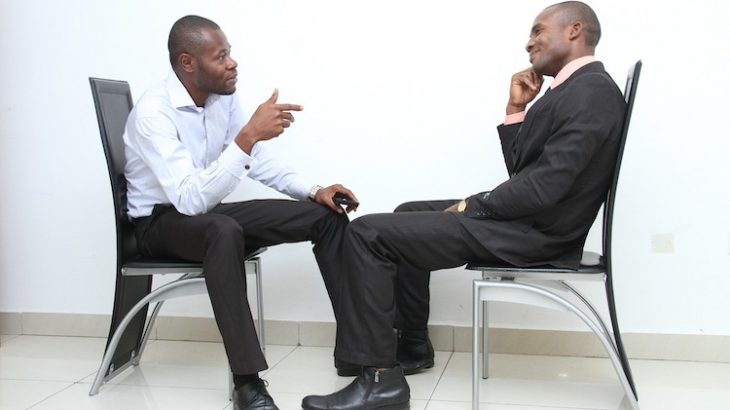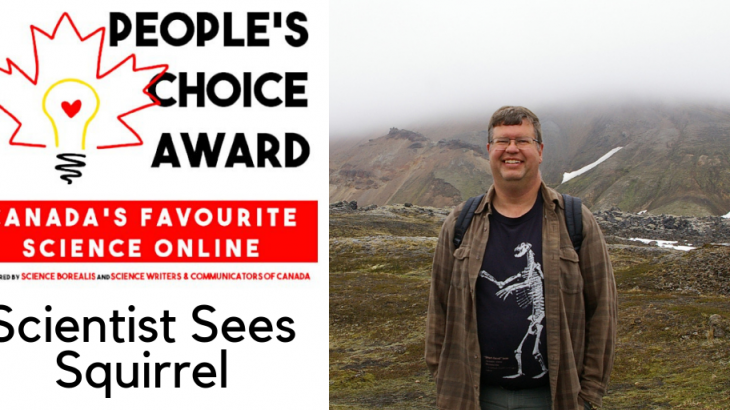
Alice Fleerackers, Science in Society editor English is the language of science, and, too often, science communication. We publish our results in English, host our conferences in English, and promote, share, and tweet about our research in English. This reliance on a single language cuts out wide swaths of the population, including critical demographics who could […]





